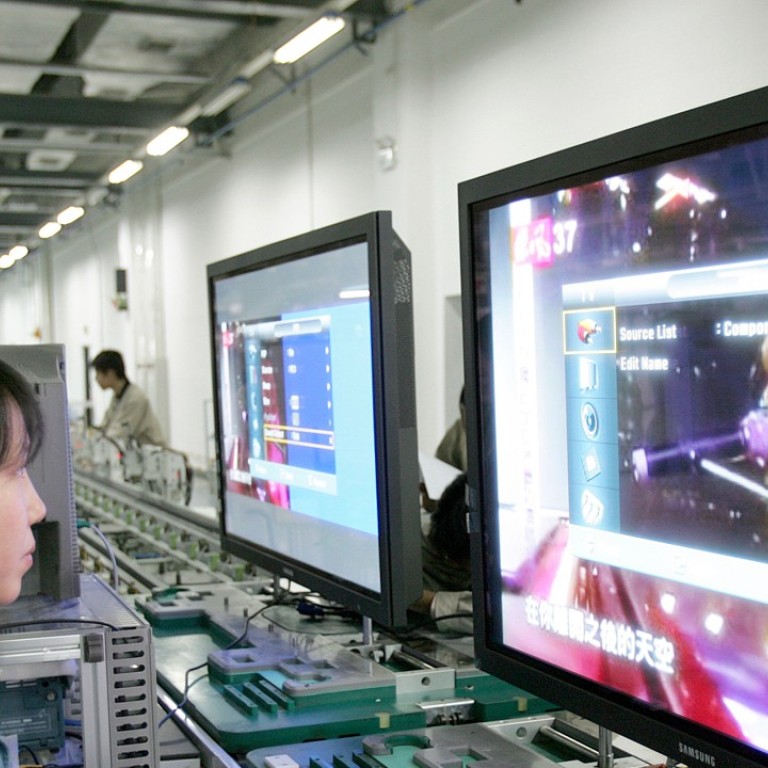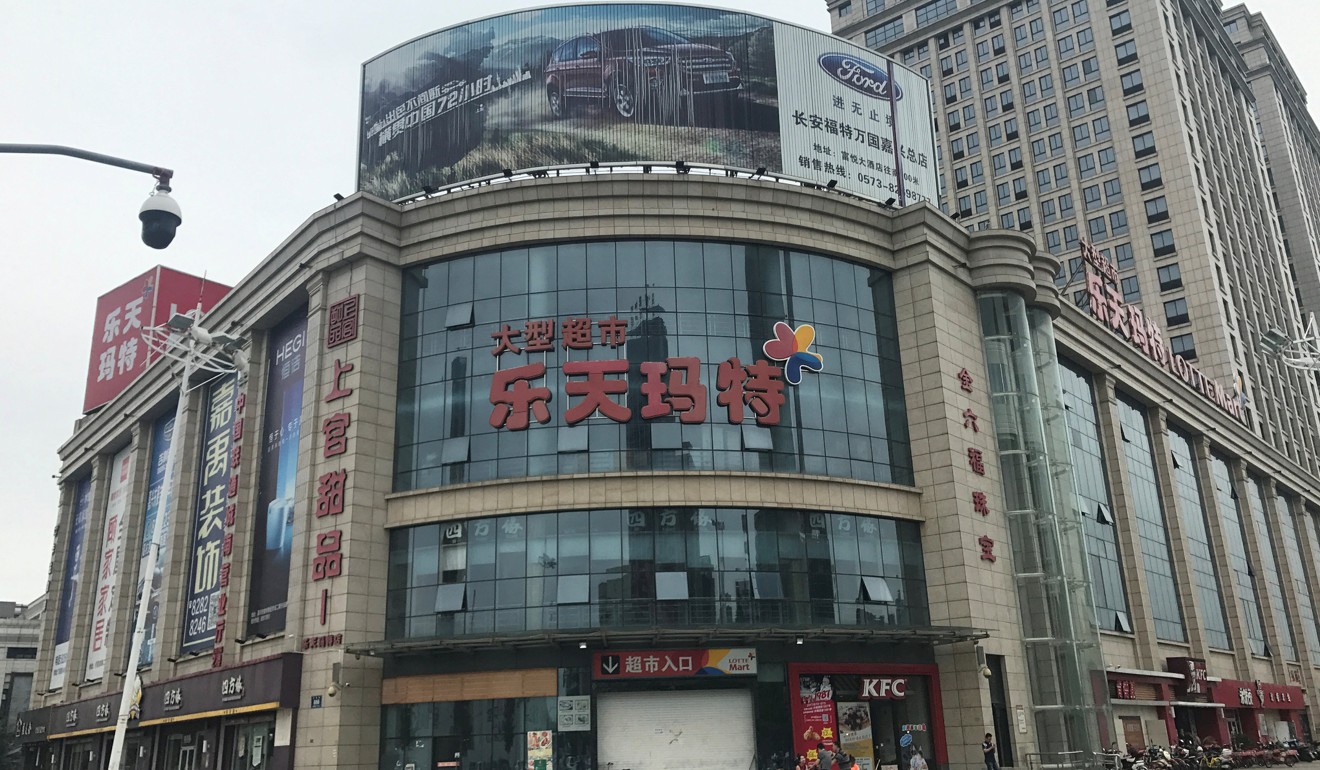
Trade war gives South Korean firms hope of a warmer welcome in China
After dramatic fall in investment by South Korean companies, encouraging comments in June and impact of China-US dispute raise possibility of a turnaround
A South Korean trade group is hopeful Beijing will overcome its rocky relations with Seoul to better heed its members’ corporate needs as China battles the United States over trade.
Ties between Beijing and Seoul have been strained in recent years by the deployment in South Korea of a US missile defence system known as THAAD, with the dispute leading to Chinese boycotts of South Korean companies.
But Kim Yun-hee, a senior trade commissioner from the Korea Trade-Investment Promotion Agency (KOTRA) office in Beijing, said renewed economic relations may be possible between South Korea and China if firms from the South had a chance to air their concerns about doing business in China.
Chinese Premier Li Keqiang told the trade group in June in Beijing that China and South Korea should join hands to protect free trade and multilateralism. Representatives from SK Group, Samsung and Hyundai attended the meeting.
US targets Chinese and Russian missiles with THAAD upgrade in South Korea: military analysts
But companies in the South remain wary of political influences on business from Beijing, with some continuing to withdraw from China.
Li’s remarks in June were made as the trade war between the US and China drew closer, with each side threatening tariffs and China actively seeking alliances to offset the impact.
A South Korean government source said the trade war may be a double-edged sword, because there have been concerns that it may hurt Sino-US cooperation on denuclearisation in North Korea.

Kim said the dialogue might help restore economic ties between Seoul and Beijing, by improving communication between South Korean firms and Chinese officials.
“It would be hasty to examine the full implication of Li’s speech at this point, but there may finally be scope for dialogue to bring about change,” she said. “And I think it is time for [South Korean] conglomerates to make some strategic decisions.”
China’s anger over THAAD missile shield will hit South Korea’s economic growth, central bank says
Beijing’s friendly gestures have already borne some fruit. LG Chem, South Korea’s largest chemical company, announced last month that it planned to invest US$1.77 billion by 2023 in building an electric car battery plant in the eastern Chinese city of Nanjing – its second plant there.
The company will break ground on the project in October, and expects to begin production in October next year.
Another LG Group subsidiary, LG Display, last month received approval from the Chinese government to build an OLED display plant further south in Guangzhou, reinforcing Beijing’s ambition to strengthen economic ties with its neighbour.
The plant will cost US$2.33 billion, with LG and the Guangzhou Economic and Technological Development District taking 70 and 30 per cent stakes respectively.
South Korea airs worries over fallout from US-China trade war
The decision was made after a significant drop in South Korean investment in China over recent years. The Bank of Korea announced last September that South Korea’s direct investment in China totalled US$1.75 billion, down 43.7 per cent from a year earlier.
However, some firms remain sceptical.
Lotte Shopping, South Korea’s largest retail company plans to further withdraw its businesses from mainland China after years of losses.
A Lotte spokesman said last month the group was considering closing some of its department stores in China, where it had a presence in Chengdu, Tianjin, Weihai and Shenyang.
Lotte Mart, another Lotte business in China, is also gradually finding its way out of the world’s second-biggest economy.
The company has been under pressure from Beijing since 2016 apparently for providing land on its golf courses in Seongju county to host THAAD.

China sees THAAD as a security threat because it can monitor China’s military facilities, but Seoul and Washington maintain the system is meant to deter threats from North Korea.
Beijing protested furiously, with South Korean businesses in China becoming subjected to more inspections and travel agencies prevented from organising tours to South Korea.
A former senior manager of Lotte Group said its possible closures were the result of deep distrust.
“We were shocked to see how business sectors in China are under serious influence from its politics,” the manager said. “We have suffered and lost faith.
“We have realised the political risk in China is too high. Political situations can easily develop, and we can’t jeopardise our assets and interests any more.”
US sets up THAAD missile system on golf course as North and South Korea show off firepower at military drills
Kim said the THAAD dispute meant Lotte’s decision was a “special case” but there was still room for improvement to restore South Korean firms’ trust in Beijing.
“It must be acknowledged that despite the recent improvement in sentiment, South Korean firms still largely worry about the political risks that companies may face in future,” he said.
Sean King, a vice-president of Park Strategies, also said Chinese political interference was “a concern whenever doing business in mainland China”.
“This is of particular concern to South Korean companies because Beijing targeted them for abuse after Seoul deployed THAAD in 2016,” King said.
“Foreign companies also need to know, among many other things, their intellectual property rights will be protected, that they won’t be forced to transfer technology to mainland [Chinese] partners and that they will be treated the same as local players,” King said.
Market accessibility in China should also be improved, Kim said, with South Korean companies, like other foreign firms, facing difficulties over lack of reciprocity in China towards foreign investors and arguing Beijing should do more to ensure fair competition.
“The firms face many barriers on market access even after they have entered the Chinese market,” Kim said. “There must be some efforts made.”
Additional reporting by Laura Zhou

